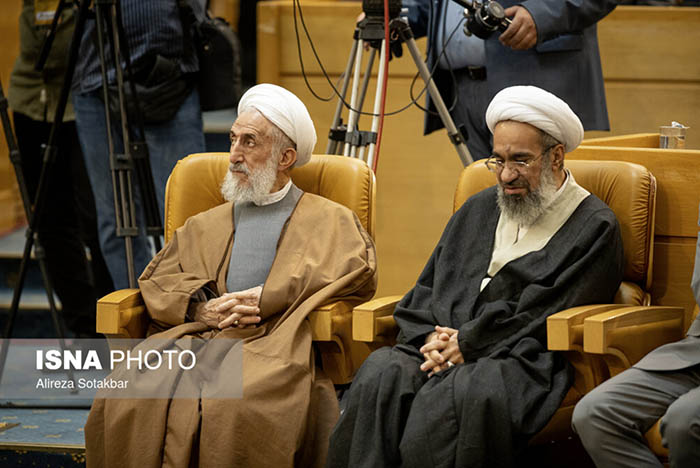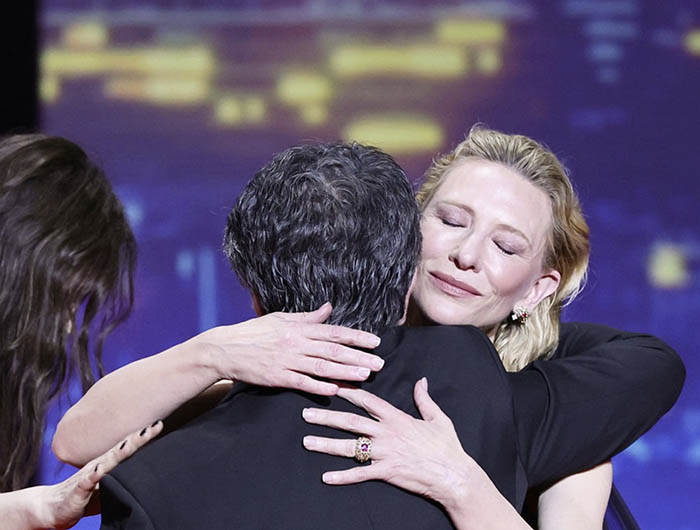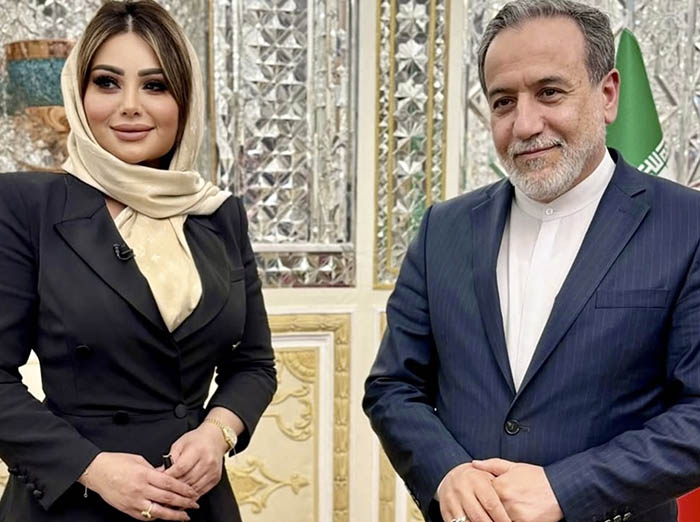Top 11 Highlights of the Nasrallah International Conference 2024

Continued Dialogue: Impacts of the Zarif-Qaani Meeting
The interaction between Javad Zarif and Ismail Qaani at the “Nasrallah School” conference has far-reaching implications for Iran’s foreign policy and military engagement strategies, particularly in the context of ongoing tensions with Western powers and regional adversaries. Their discussions illuminated several critical pathways that could shape Iran’s responses to international challenges in the short and long term.
Fostering Internal Cohesion
One of the key takeaways from the Zarif-Qaani meeting was the emphasis on internal cohesion. By presenting a united front that encapsulates both military and diplomatic perspectives, Iran can bolster its national identity and resilience against foreign threats. The notion of a unified leadership that includes military generals and diplomatic officials can serve to reassure the Iranian populace that their leadership is committed to both security and progress. This cohesion is vital in creating a strong narrative around national interests, allowing citizens to feel empowered rather than isolated in the face of external pressures.
Navigating U.S.-Iran Relations
Zarif and Qaani also touched upon the future of U.S.-Iran relations, given the historical conflicts and the tensions that have escalated since the United States withdrew from the JCPOA. Zarif’s approach advocates feasibility studies around diplomatic overtures, emphasizing dialogue as a critical tool for de-escalation. In contrast, Qaani stressed the importance of maintaining a credible deterrent—reinforcing the idea that Iran’s military capabilities act as a counterbalance to any potential aggression from the U.S. or its allies.
The dual approach indicates that while Iran is open to diplomatic negotiations, military readiness must be preserved to ensure that its sovereignty remains intact. Their joint message suggests that Iran will not compromise its core security interests, even as it seeks to engage with international stakeholders to achieve broader goals.
The Role of Regional Alliances
During their discussions, the importance of regional alliances, particularly with groups that share strategic visions such as Hezbollah, was elucidated. Both leaders recognized that ongoing conflicts in Syria, Yemen, and Iraq present opportunities and challenges for Iranian influence. Zarif spoke about the importance of dialogue with neighboring countries to foster stability through mutual respect and shared interests.
Qaani, on the other hand, pointed to the battlefield successes of Iranian-supported groups as examples of effective military strategy. The synergy between diplomacy and military action could empower these groups, allowing them to play significant roles not only in regional stability but also in amplifying Iran’s influence in the Middle East.
More stories
Director Jafar Panahi Wins Palme d’Or at Cannes for It Was Just an Accident
Introduction Jafar Panahi is one of Iran’s most influential and acclaimed filmmakers. Known for his humanistic storytelling and fearless approach … Continue reading ➝
Time 100 2025 at New York Observatory: Celebrating the World’s Most Influential People
Introduction The Time 100 event 2025, held at the iconic New York Observatory, is an annual celebration recognizing the most … Continue reading ➝
Pavel Durov and Juli Vavilova Attend amfAR Gala at Cannes Film Festival 2025
Introduction On the sidelines of the prestigious Cannes Film Festival 2025, the amfAR Gala was held at the luxurious Hotel … Continue reading ➝
Hadeel Alian: The Palestinian Journalist and Presenter Making Waves in Arab Media
Introduction In the ever-evolving landscape of Arab journalism, few personalities have captured the attention of audiences like Hadeel Alian. Dubbed … Continue reading ➝
Grand Opening of Kaveh Yaghmaei’s Music Academy in Toronto: A New Era for Music Education and Excellence
Introduction Toronto, renowned as one of Canada’s most vibrant and diverse cultural hubs, continues to be a magnet for talented … Continue reading ➝




